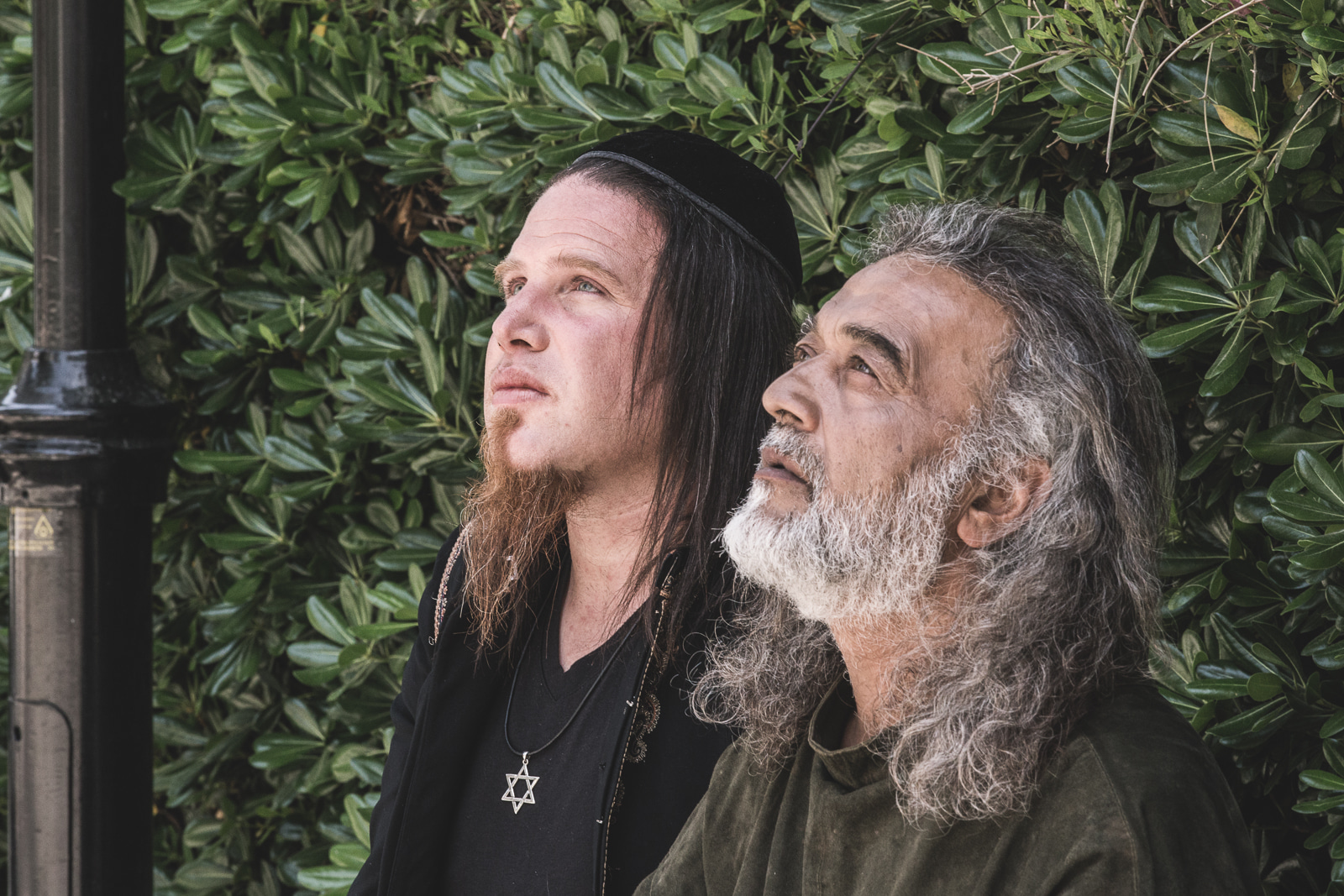With ‘Lemalla’, Eliezer Cohen Botzer and Lucky Ali have embarked on a musical and spiritual journey together, seeking to create music which is not defined by any narrow boundaries of genres and cultures.
When famed musician Lucky Ali and Israeli singer-songwriter Eliezer Cohen Botzer came together to collaborate for the album Lemalla, the world was a different place. However, the music they have made together, which seeks to celebrate a fusion of nations and cultures and express a deeper truth common to all mankind, is more relevant today as the planet goes through a deadly pandemic. Speaking about the album and their second single, “Amaraya”, the two artists answered some questions for The Sunday Guardian. Excerpts from the interview:
Q: The world underwent a massive change between the release of “On My Way Home” and “Amaraya”. Does the release of the second track have any special significance for you because of that?
ECB: Yes, for sure. When we released the song “On My Way” in November 2019, we didn’t know that a short time after the release we will all come into a new reality and perspective of ‘home’. After a year with long periods of time in quarantine at home, where the pandemic didn’t skip over any country, religion, culture or mentality, we felt that the song “Amaraya” has an especially important message for this time. It comes to remind us that we are all part of the same humanity and to encourage empathy between all people as ‘one’. The word ‘maraya’ in Arabic means mirrors, the “A” we added to the name of the song symbolizes the oneness of all humans. “We are all mirrors and reflections of each other” is what we sing in the song together with a prayer for guidance, peace and healing.
LA: When it’s part of the journey, there will be ups and there will be downs…so in this case nature was expressing itself and we went along with it. I believe we were listening to nature, what nature was saying at that time, but the song was already done before that.
Q: As musicians from different parts of the world, how was the process of collaborating on Lemalla?
ECB: We had the gift of travel and exploring each other’s countries and cultures, meeting unique people and musicians and joining in a journey of discovery that showed us how similar we are, more than how different we are.
Q: What have been the highlights of working with each other?
ECB: The friendship we developed. Lucky is a master and a teacher for me in so many ways. Every song in the album is like another room in a magical house. There are songs of journey, songs of prayer and songs of relationships. The highlight of working together is the bond of friendship we developed through the process of common creativity.
LA: From the time we met, we hit it off immediately, we discussed music and ideas. We were happily surprised, we knew it was a good thing to be associated with. The vibe has to be right, the feeling has to be right, the love has to be there. You should have faith in what you are doing. Eli and his family are very simple people. He’s a musician who is very responsible. We had a wonderful time in Israel and in India. The whole album actually is a discovery in itself. And the music found its way through like-mindedness, a connection that we all felt and made through the process of discovering each other, our cultures and our connection, which was expressed through music. While we were working on the project we also realised we had more similarities, culture-wise as well.
Q: “Amaraya” speaks of rising above all differences and finding a common essence in humanity. In this context, how important are cross-cultural projects today?
ECB: Cross-cultural projects today are critical for creating unity. Music brings people together and allows us to open our hearts to each other. Especially in these times we need to strengthen our common bonds above the realm of politics and debates and create a unified language, empathy and identification between one another regardless of origin. Doing cross-cultural projects builds bridges.
LA: It’s good for at least people learn about each other and that brings about a broader understanding. For example, you’ve got two talking about something then a third person comes in, he/she or they bring their ideas and it broadens the perspective. So, it’s about broadening perspectives, in this case, through nations and through cultures. We realise that we basically are saying the same thing, might be in different places, but want the same things for everyone – what you wish for yourself, wish for harmony, wish for a peaceful life – those kinds of goals. You try to find that and express that through your music, and it happens to connect to whoever. Generally this is the process.
Q: If all goes well and concerts are resumed, can we expect a live performance from both of you?
ECB: Ameen! We hope to be able to connect with people physically through performances and making beautiful connections with the collaborations, once the pandemic is behind us.
Q: What tracks or projects are you working on now, individually or together?
ECB: We are each working on our own individual albums. I am working on the completion of my Hebrew album called The Home and compiling my first album in English as well. Together we are in the process of completing the album Lemalla. Our collaboration is a journey in everlasting progress.
LA: Music is work in progress. I’ve been able to finish the backlog of my unreleased projects, so new music will come out this year. Of course there will be more tracks coming in from Lemalla in the future as well.

